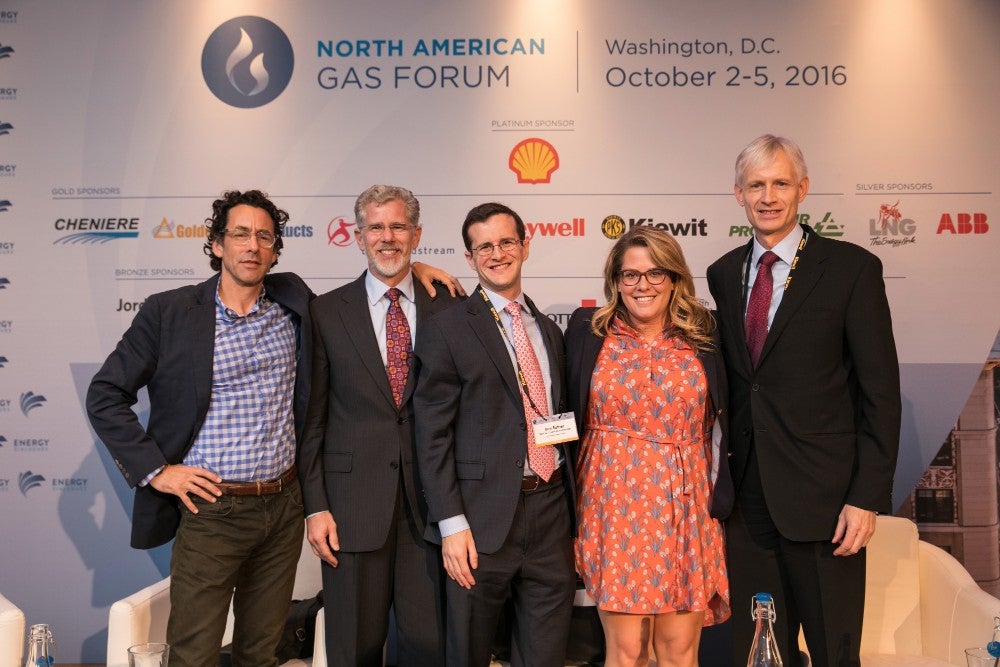 At Energy Dialogues’ North American Gas Forum last month, I had the opportunity to participate on a panel moderated by Gregory Kallenberg of the Rational Middle. While the panel pre-dated the presidential election, the topic of constructive engagement through rational discourse is now more important than ever.
At Energy Dialogues’ North American Gas Forum last month, I had the opportunity to participate on a panel moderated by Gregory Kallenberg of the Rational Middle. While the panel pre-dated the presidential election, the topic of constructive engagement through rational discourse is now more important than ever.
We explored how environmental groups, industry, and other stakeholders need to come together to rationally discuss and collaboratively act on the challenges of meeting rising energy demand while addressing real and growing environmental risks.
The still principally fossil-based energy system, which includes natural gas, is not the only cause of climate change, but it is the largest. And so a range of stakeholders, from protesters holding signs, to investors with a long term interest in the future of natural gas, to industry consumers, are looking with increasing criticism at fossil fuels. That was true before the election, and it’s true today. They’re asking: How can we reconcile the environment we want to protect for the future with the traditional energy and feedstock resources we are using now?
Unfortunately, industry, when pressed with concerns and asked to act, has often come up short. For example, with precious few exceptions, oil and natural gas companies have declined to set quantitative methane reduction targets – of their own choosing, and for their own product. And they have declined to join their counterparts’ support for a 2 degree limit on temperature rise. Too often, industry has failed to engage with the real concerns of their customers and communities.
But there’s a better way
As Sarah Sandberg, from the Colorado Oil & Gas Association, said on the panel, “You’re either at the table or on the menu.” As panelist Michael Crothers from Shell observed, industry must engage directly and responsively with the legitimate climate concerns of the general public. And they’re right.
At Environmental Defense Fund, we work to create opportunities for diverse stakeholders to come to the table and have the conversations that feed the actions – whether establishing public policy, catalyzing technology innovation, or making best practice standard practice – to address environmental challenges and protect our future.
There have been bright spots of industry leadership, like energy companies joining the table in Colorado to help craft the first methane regulations, or Shell Canada supporting Alberta’s new climate strategy, including a methane goal backed by regulations. Unfortunately, such constructive engagements have been the exception to the rule. All too often, industry’s response to environmental concerns and opportunities has amounted to “Just Say No”.
A better response? “Just Say How.” For example:
- How will operators demonstrate that they hear and are addressing in practical terms, the air and groundwater pollution concerns of the 15 million Americans who live within a mile of a well?
- How will industry leaders acknowledge and finally engage on public policy to reduce their contribution to climate change?
- How will they make unnecessary methane emissions a thing of the past, by finding and fixing leaks?
- How will the companies that do step up and lead on these issues maximize the competitive advantage of being cleaner companies in a world that demands it?
Let’s hope industry can take the real issues head on and start showing how we can make positive changes by working together. Pressure on industry is not going away, and rational engagement can help cut a productive path through polarization.









